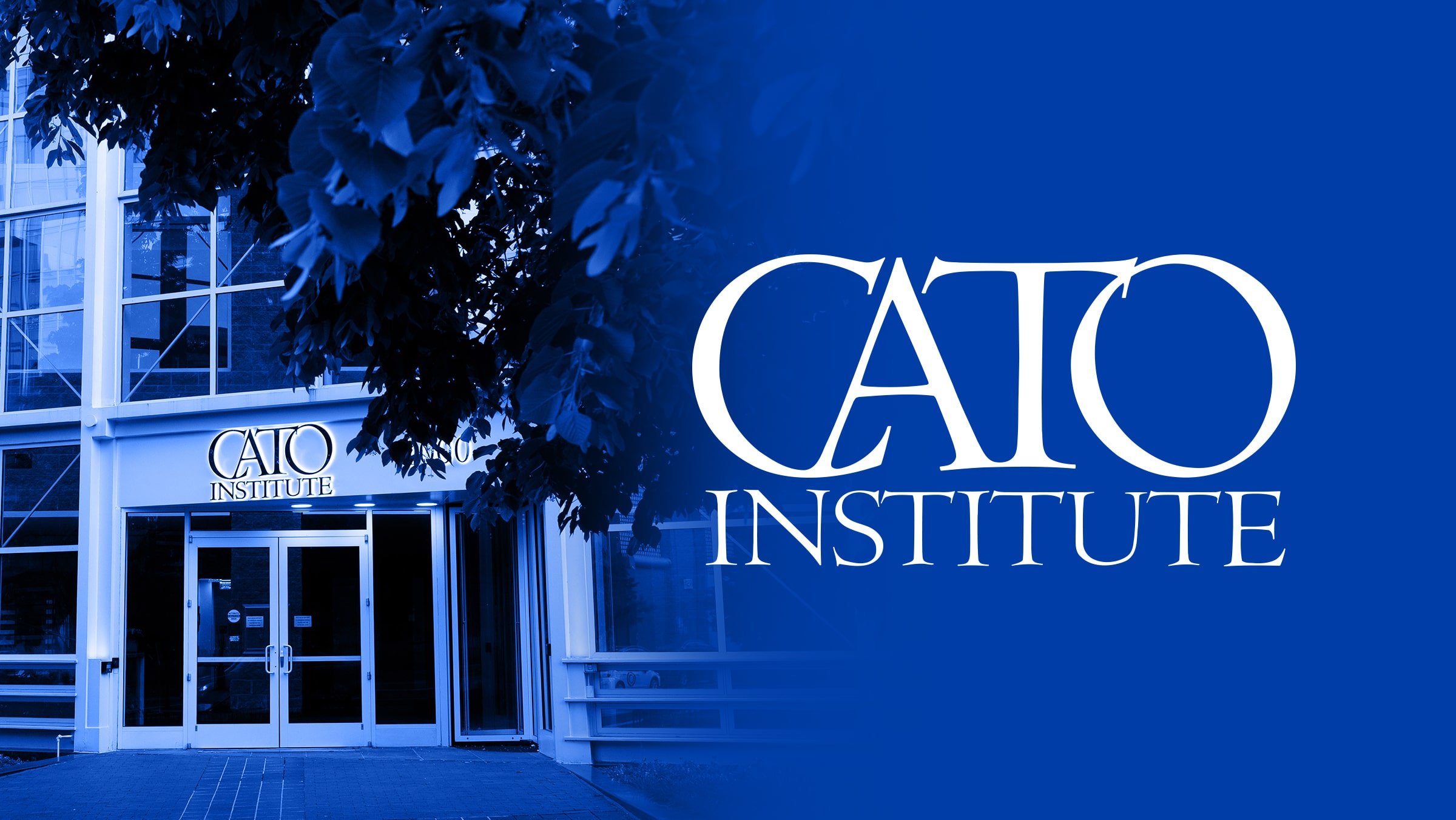The Cato Institute, founded in 1977, is a prominent libertarian think tank and research organization that has been influential in promoting principles of limited government, individual liberty, and free-market economics in the United States. Named after Cato's Letters, a series of 18th-century British essays that inspired American revolutionary thinking, the institute continues to shape public policy discussions and advocate for libertarian ideals. In this article, we will explore the organization's history, founders, prominent figures, goals, and notable accomplishments.
Founders and Early History:
The Cato Institute www.cato.org was founded by Charles Koch, Edward H. Crane, and Murray Rothbard. Charles Koch, a successful businessman and philanthropist, shared a deep commitment to the principles of classical liberalism, as did Edward H. Crane and Murray Rothbard. They aimed to create an organization dedicated to advancing libertarian philosophy and influencing public policy.
Prominent Figures:
Edward H. Crane: Edward H. Crane played a pivotal role as one of the co-founders of the Cato Institute and served as its president for many years. He was instrumental in establishing the institute's vision and organizational structure.
David Boaz: David Boaz, the executive vice president of the Cato Institute, is a prominent libertarian thinker and author, known for his work on individual liberty, limited government, and libertarianism.
Robert A. Levy: Robert A. Levy served as the chairman of the Cato Institute and is a distinguished constitutional scholar who has been influential in advocating for individual rights and freedoms.
Goals and Mission:
The Cato Institute's mission is to promote principles of individual liberty, limited government, free markets, and the rule of law. The key goals and principles of the institute include:
- Advocating for a reduction in government intervention in the economy and society, emphasizing individual rights and freedoms.
- Promoting free-market capitalism and economic freedom as engines of prosperity.
- Defending civil liberties, including freedom of speech, privacy, and the right to bear arms.
- Advocating for non-interventionist foreign policy and a more restrained use of military force.
Prominent Accomplishments:
The Cato Institute has achieved several notable accomplishments, including:
Impact on Policy Debates: The institute has played a significant role in shaping policy discussions on a variety of issues, including healthcare, tax reform, and criminal justice reform.
Supreme Court Cases: The Cato Institute has filed numerous amicus curiae briefs in Supreme Court cases, advocating for constitutional interpretation that emphasizes individual liberty and limited government.
Global Influence: The institute has expanded its reach through international partnerships and initiatives to promote libertarian principles and advocate for limited government in other countries.
Publication of Research: The Cato Institute consistently produces a wide range of publications, including books, policy reports, and articles, that provide insights into libertarian philosophy, economics, and public policy.
The Cato Institute, named after the classical liberal Cato's Letters, has emerged as a leading force in advancing libertarian principles in the United States and beyond. With a dedication to limited government, individual liberty, and free-market capitalism, the organization has played a crucial role in shaping public policy discussions and advocating for a more libertarian approach to governance. Its work in numerous areas, including economic policy, civil liberties, and foreign policy, has left a lasting impact on American politics and policy.




No comments:
Post a Comment